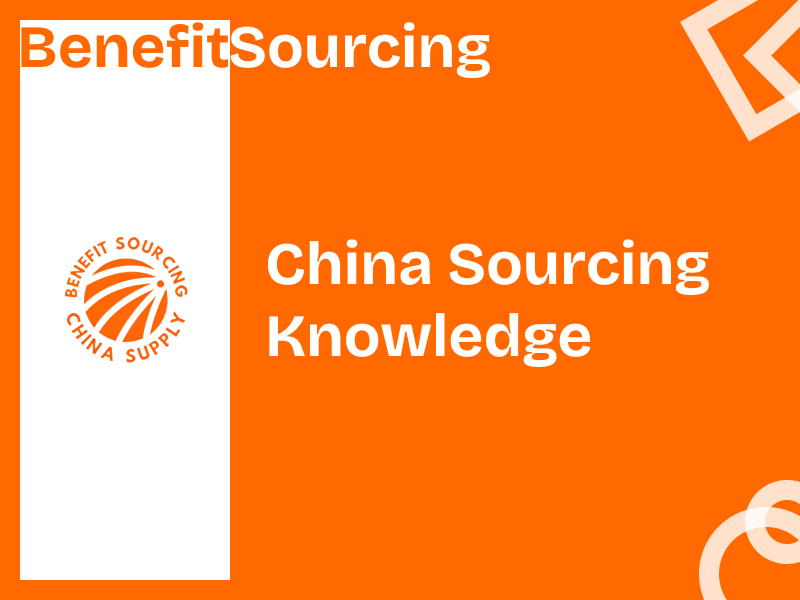Introduction to Sourcing Agents and Their Benefits

For international small-to-medium enterprises (SMEs), e-commerce sellers, and individual retailers looking to source products from China, navigating the complexities of cross-border procurement can feel overwhelming. Sourcing agents emerge as invaluable partners in this journey, offering tailored solutions to bridge gaps in expertise, resources, and cultural understanding. Here’s how they work and why they matter:
What Are Sourcing Agents?
Sourcing agents are professionals or agencies based in China who act as intermediaries between international buyers and Chinese suppliers. They specialize in identifying reliable manufacturers, negotiating terms, managing quality control, and overseeing logistics. Unlike traditional trading companies, they typically represent the buyer’s interests rather than acting as resellers.
Key Roles of Sourcing Agents
-
Supplier Identification & Verification
They leverage local networks and industry knowledge to find factories matching your product requirements. This includes verifying business licenses, production capabilities, and compliance with international standards (e.g., ISO, CE certifications). -
Price Negotiation
Agents use their understanding of local market dynamics to secure competitive pricing, often achieving better rates than foreign buyers could obtain independently. -
Quality Assurance
From pre-production samples to final inspections, agents conduct rigorous checks to ensure products meet agreed specifications. Many provide detailed inspection reports with photos/videos. -
Logistics Coordination
They handle shipping arrangements, customs documentation, and Incoterms compliance, reducing the risk of delays or unexpected costs. -
Risk Mitigation
Agents help avoid common pitfalls like fraud, intellectual property theft, or contract disputes by vetting suppliers and ensuring clear legal agreements.
Top Benefits for International Buyers
1. Time & Cost Efficiency
Instead of spending months researching suppliers or traveling to trade fairs like the Canton Fair, agents streamline the process. They already have vetted supplier databases and can quickly match buyers with suitable partners.
2. Local Market Expertise
Agents understand regional manufacturing hubs – for example, electronics in Shenzhen, textiles in Guangzhou, or hardware in Zhejiang. This geographic specialization ensures access to the best suppliers for your niche.
3. Small Order Support
Many Chinese factories impose high minimum order quantities (MOQs). Sourcing agents can negotiate lower MOQs or consolidate orders from multiple buyers to meet factory requirements.
4. Cultural & Language Barrier Removal
Agents act as interpreters not just for language but also for business practices. They clarify technical specifications, resolve misunderstandings, and ensure contracts align with local norms.
5. Supply Chain Transparency
Regular updates on production timelines, raw material availability, and potential disruptions (e.g., holiday closures, regulatory changes) help buyers plan inventory effectively.
6. Customization Assistance
Whether you need private labeling, custom packaging, or product modifications, agents coordinate directly with factories to implement your requirements.
7. Scalability
As your business grows, agents adapt by identifying additional suppliers, optimizing costs, or diversifying production locations to mitigate risks like tariffs.
Common Misconceptions Debunked
-
“Agents Are Only for Large Companies”
Modern agents increasingly cater to SMEs and startups, offering flexible services like single-order procurement or low-volume sourcing. -
“Using Agents Is Expensive”
While agents charge fees (typically 3%-10% of order value), their negotiated supplier discounts and error-prevention often result in net savings. -
“I’ll Lose Control Over the Process”
Reputable agents provide full transparency through shared documentation portals and real-time communication tools.
Choosing the Right Agent
-
Industry Specialization
Look for agents with proven experience in your product category. A textile agent might lack connections in electronics manufacturing, for instance. -
Transparency in Fees
Ensure upfront clarity about service charges, payment terms, and any hidden costs like inspection travel fees. -
Communication Channels
Prioritize agents who offer multiple contact methods (WhatsApp, email, Zoom) and respond promptly during your time zone. -
References & Case Studies
Request examples of past projects similar to yours, including how they resolved challenges like quality rejections or shipping delays. -
Tech Integration
Many agents now use platforms like Alibaba’s Sourcing Assistant or proprietary ERP systems to share real-time updates on orders and shipments.
Getting Started
-
Define Your Needs
Prepare product specifications, target pricing, quality standards, and estimated order volumes. -
Research Agents
Explore directories like China Sourcing Information Center or industry-specific B2B platforms. -
Request Proposals
Share your requirements with 3-5 agents and compare their strategies, timelines, and cost structures. -
Start with a Trial Order
Test the partnership with a small order before committing to larger volumes.
By partnering with a sourcing agent, you transform complex international procurement into a manageable, growth-oriented process. Their localized support empowers businesses to compete effectively without the overhead of establishing a China-based team – a particularly critical advantage for SMEs aiming to scale strategically.
Need a sourcing agent in China?
Just send us your demand with the form below.